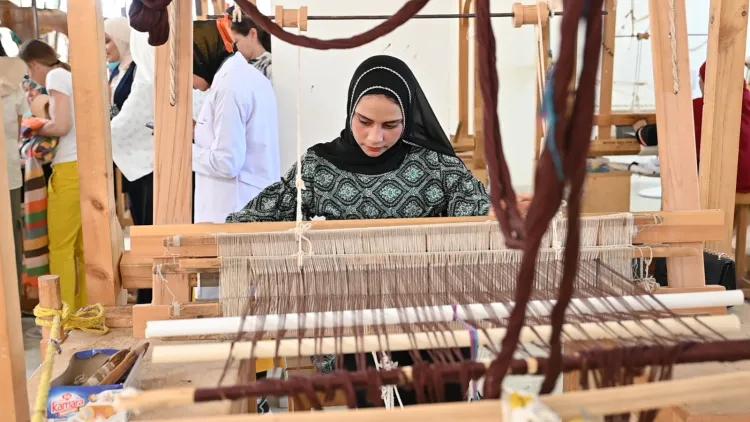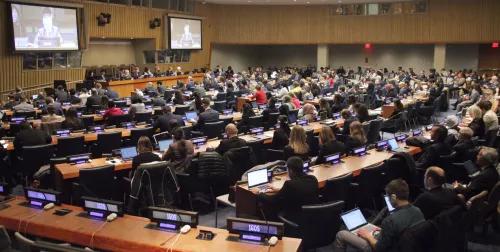Explainer: What is Social Inclusion and Why Does it Matter?
What is Social Inclusion?
Social inclusion is the process of ensuring that all individuals, regardless of their background, identity, or circumstances, have equal access to opportunities, resources, and decision-making in society. It means creating environments where everyone can participate fully in economic, social, cultural, and political life without discrimination or barriers.
At its core, social inclusion is about dignity, fairness, and equal opportunity. It addresses systemic inequalities by removing obstacles that prevent people from reaching their full potential. This includes ensuring access to education, healthcare, employment, digital technologies, and civic participation for all.
Social inclusion is not charity—it’s a necessity for a just and sustainable future.

Why Does Social Inclusion Matter?
1. Strengthens Economies
Inclusive societies drive economic growth. When everyone has the opportunity to work, innovate, and contribute, economies become more resilient and productive. Studies show that reducing inequality boosts economic performance and social stability.
2. Promotes Social Cohesion and Peace
Exclusion breeds division, resentment, and conflict. Inclusive policies create a sense of belonging, reducing social tensions and fostering trust between communities, institutions, and individuals.
3. Improves Well-Being and Quality of Life
When people are included, they have better access to healthcare, education, and social services, leading to longer, healthier lives. Inclusion also reduces stress and improves mental well-being by fostering a sense of belonging.
4. Strengthens Democracy and Participation
Social inclusion ensures that all voices are heard, especially those of marginalized groups such as women, older persons, persons with disabilities, migrants, and Indigenous peoples. When everyone has a seat at the table, societies become more democratic, responsive, and just.
5. Harnesses the Power of Diversity
Diverse perspectives drive creativity, innovation, and problem-solving. Societies that embrace inclusion are better equipped to address challenges such as climate change, technological advancements, and economic shifts.
The Path to an Inclusive Future
Achieving social inclusion requires policy reforms, investments in education and healthcare, and commitment from governments, businesses, and communities. By prioritizing inclusion, we can build a world where everyone belongs and thrives—a world that is not just fair, but also stronger and more resilient.
Together for an Inclusive World. For Inclusion. For Equality. For Everyone Included.
Commission for Social Development (CSocD)
The United Nations Commission for Social Development (CSocD) is a Commission within the United Nations Economic and Social Council (ECOSOC). Its main responsibility is to provide advice to the UN on social development issues. The Commission plays a vital role in promoting social policies that support the overall development goals of the UN, particularly in relation to eradicating poverty, advancing social integration, and ensuring full employment and decent work for everyone. Learn more: https://social.desa.un.org/csocd.

 Welcome to the United Nations
Welcome to the United Nations